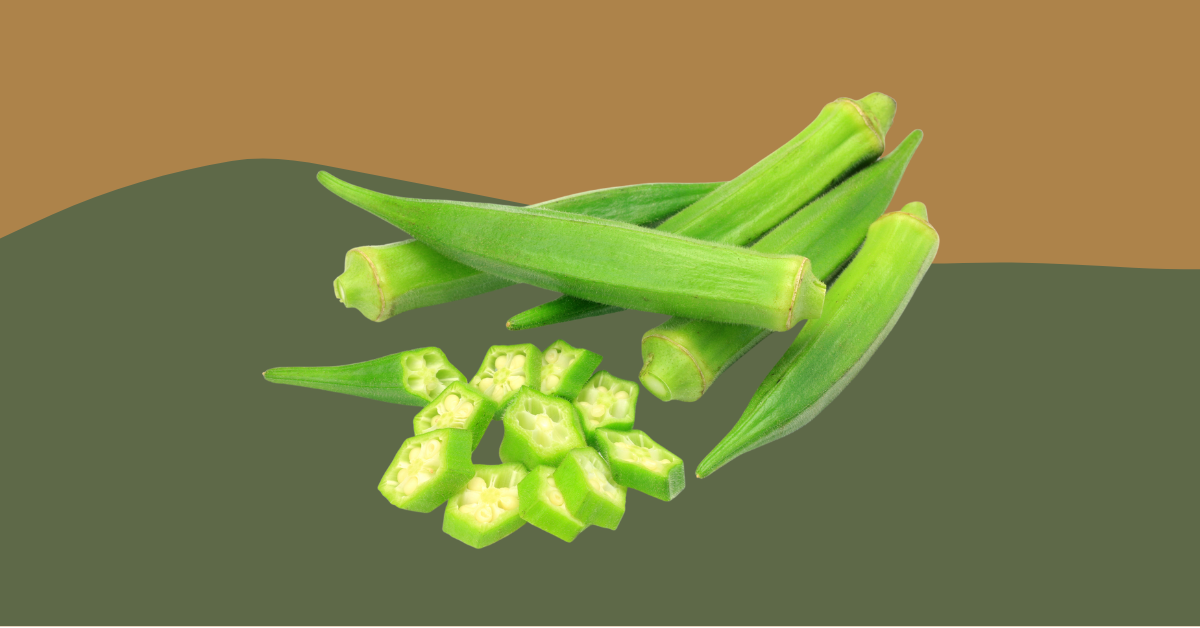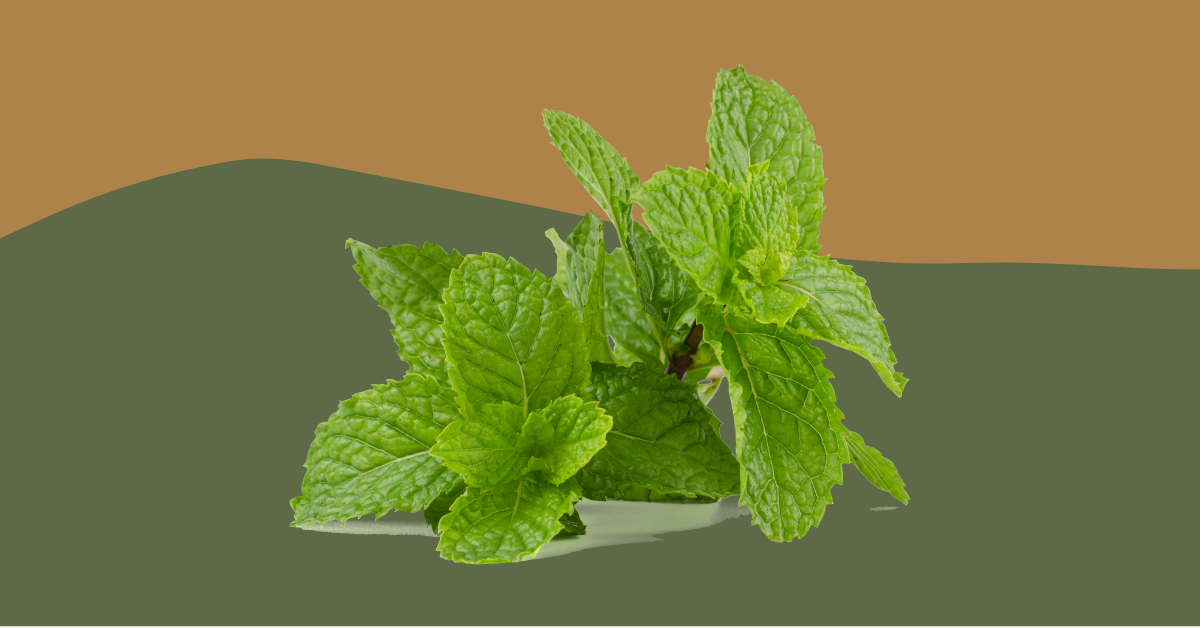Yes, bearded dragons can eat okra. It is a nutritious vegetable that can be fed to your pet in moderation, with a portion size of about 1-2 small pieces per serving.
Table of contents
To ensure the health and happiness of your bearded dragon, it’s important to provide a balanced and varied diet. This article will provide the do’s and don’ts, teach you about bearded dragon care, offer a step-by-step preparation guide, and help you find answers to frequently asked questions.
Related Article: Bearded Dragon Care: Expert Tips and Insights
Do’s
- Moderation: Feed your bearded dragon okra in moderation, as it should only make up a small portion of their overall diet.
- Fresh and organic: Choose fresh and organic okra when possible to minimize pesticide exposure.
- Proper preparation: Follow a proper preparation process to ensure the okra is safe for consumption (see the 5-step preparation guide below).
Don’ts
- Overfeeding: Do not overfeed okra, as it can cause digestive issues and nutrient imbalances.
- Canned or pickled okra: Avoid feeding canned or pickled okra, as they contain high levels of sodium and other additives that can be harmful to your bearded dragon.
- Unwashed okra: Never feed unwashed okra, as it may contain harmful bacteria or pesticide residues.
Best Practices for Feeding Okra to Bearded Dragons
Following best practices when feeding your bearded dragon will ensure their safety and overall health. Here are some best practices to keep in mind:
- Variety: Include a variety of other vegetables and fruits in your bearded dragon’s diet to provide essential nutrients and prevent boredom. Rotate the types of vegetables and fruits you offer to ensure they receive a balanced mix of vitamins, minerals, and other nutrients.
- Balance: Maintain a balanced diet that consists of insects, greens, vegetables, and fruits, with a higher proportion of insects for protein. Adult bearded dragons typically require a diet consisting of 80% vegetables and 20% insects, while juveniles need a higher protein intake with 50% insects and 50% vegetables.
- Chop and mix: To encourage your bearded dragon to eat a variety of foods, chop the vegetables and fruits into small, bite-sized pieces and mix them together. This will make it more difficult for your pet to selectively eat only their favorite items and will help ensure they consume a balanced diet.
- Observe: Monitor your bearded dragon’s behavior and health after introducing new foods, such as okra, to ensure they are well-tolerated. If your bearded dragon shows signs of distress, such as loss of appetite, lethargy, or diarrhea, stop feeding the new food and consult with a veterinarian.
- Consult a vet: If you have concerns about your bearded dragon’s diet or health, consult a veterinarian experienced in reptile care. They can provide guidance on proper nutrition, portion sizes, and dietary changes needed for your specific pet.
- Calcium supplementation: Bearded dragons require calcium to maintain strong bones and overall health. Dust their food with a calcium supplement, such as calcium powder, several times a week to ensure they receive adequate amounts.
- Limit oxalate-rich foods: Foods high in oxalates, such as spinach and beet greens, can bind to calcium and prevent its absorption. Offer these foods sparingly or avoid them altogether to ensure your bearded dragon receives sufficient calcium from their diet.
- Hydration: While bearded dragons obtain most of their water intake from their diet, it’s important to provide a shallow water dish in their enclosure for them to drink from and soak in as needed. Change the water daily and ensure it is clean and fresh.
- Proper enclosure temperatures: Proper temperature gradients within your bearded dragon’s enclosure are crucial for healthy digestion. Ensure that the basking area has a temperature between 95-110°F (35-43°C) and the cooler side of the enclosure remains between 75-85°F (24-29°C).
- Regular health check-ups: Schedule regular health check-ups with a qualified reptile veterinarian to monitor your bearded dragon’s overall well-being and address any dietary or health concerns that may arise.
Related Article: Bearded Dragon Feeding Guide: Nutrition Tips
Step-by-Step Guide to Preparing Okra for Your Bearded Dragon
Step 1
Select fresh okra: Choose fresh, firm, and green okra pods with no signs of mold or spoilage.
Step 2
Wash the okra: Rinse the okra under cool running water to remove any dirt, bacteria, or pesticide residues.
Step 3
Trim and discard ends: Using a sharp knife, trim and discard the stem and tip ends of the okra.
Step 4
Cut into small pieces: Cut the okra into small, bite-sized pieces appropriate for your bearded dragon’s size.
Step 5
Serve raw or lightly cooked: Offer the okra raw or lightly cooked to preserve its nutritional value. Avoid adding any seasoning, oil, or butter.
Need Recommendations?
Here’s Our Top Amazon Picks
You may also like 📖
Frequently Asked Questions
How often can I feed okra to my bearded dragon?
It is recommended to feed okra as an occasional treat, no more than once or twice a week, to maintain a balanced and varied diet. Feeding okra too frequently may lead to an imbalanced diet and potential health issues.
Can bearded dragons eat cooked okra?
Yes, bearded dragons can eat cooked okra, but it should be lightly cooked without any added seasoning, oil, or butter. Overcooking may reduce its nutritional value. Raw okra is also suitable and may provide more nutrients.
Are there any risks associated with feeding okra to bearded dragons?
Overfeeding okra can cause digestive issues and nutrient imbalances in bearded dragons. Always feed okra in moderation and follow proper preparation guidelines. Also, avoid feeding canned or pickled okra, as they contain high levels of sodium and other additives that can be harmful to your bearded dragon.
What other vegetables and fruits can I feed my bearded dragon?
In addition to okra, bearded dragons can enjoy a variety of vegetables and fruits, such as bell peppers, carrots, collard greens, squash, zucchini, blueberries, and strawberries. Remember to feed these in moderation and to always provide a balanced diet that includes insects for protein.
How can I tell if my bearded dragon is having an adverse reaction to okra?
Monitor your bearded dragon’s behavior and health after introducing okra into their diet. Signs of an adverse reaction may include loss of appetite, lethargy, vomiting, or diarrhea. If you notice any of these symptoms, stop feeding okra and consult with a veterinarian experienced in reptile care.
Conclusion and final thoughts 💭
Feeding okra to your bearded dragon can be a nutritious and enjoyable addition to their diet when done correctly. By following the do’s and don’ts, best practices, and preparation guidelines provided in this article, you can ensure your bearded dragon benefits from the nutrients found in okra while maintaining a balanced and healthy diet.
Always monitor your bearded dragon’s health and consult a veterinarian if you have concerns or questions about their diet.
Looking for more? Here’s our roadmap:
General Bearded Dragon Pet Owners Guide
Bearded dragons are native to the arid regions of Australia and are known for their unique beard-like appearance. As pets, they have become increasingly popular due to their friendly and inquisitive nature, making them an ideal choice for reptile enthusiasts. Bearded dragons are diurnal, meaning they are active during the day, and their average lifespan ranges from 8 to 12 years, with proper care. When considering adopting a bearded dragon, it’s essential to be prepared for a long-term commitment and be well-informed about their care requirements.
One of the most crucial aspects of bearded dragon care is providing an appropriate enclosure. Adult bearded dragons thrive best in a 20 to 50-gallon tank, but a larger enclosure is always better. It’s important to always keep the tank clean. The tank should have a basking area with a temperature range of 95-110 degrees Fahrenheit, as well as a cooler area with a temperature between 75-85 degrees Fahrenheit. In addition, bearded dragons need access to UVB lighting to help them synthesize vitamin D3 and properly metabolize calcium, which is vital for their bone health.
A balanced diet is essential for a healthy bearded dragon. Their dietary requirements change throughout their life stages; juvenile bearded dragons need a higher protein intake, with insects making up around 80% of their diet and the remaining 20% consisting of vegetables and fruits. As they grow into adults, their diet should consist of approximately 20% insects and 80% vegetables and fruits. It’s important to offer a variety of food items to ensure they receive all the necessary nutrients, and to dust their food with calcium and multivitamin supplements as recommended by a reptile specialist or veterinarian.
Regular interaction and observation of your bearded dragon are vital for maintaining their well-being. Handling your pet gently and frequently can help build trust and strengthen your bond. Monitor your bearded dragon’s behavior, appetite, and overall health to detect any potential issues early on. If you notice any signs of illness, such as lethargy, loss of appetite, or irregular bowel movements, consult a reptile specialist or veterinarian for guidance. Proper care, feeding, and attention will ensure your bearded dragon remains a happy and healthy companion for years to come.







Leave a Reply